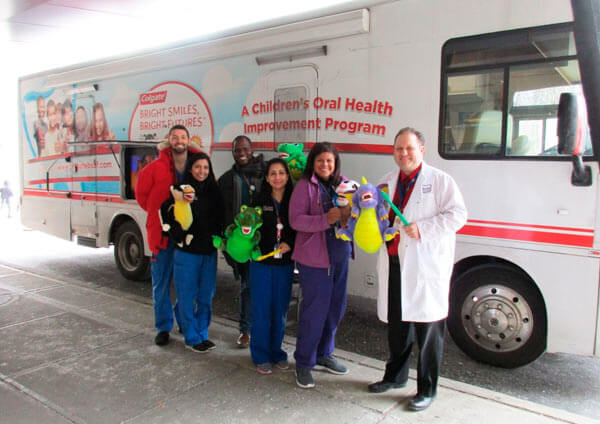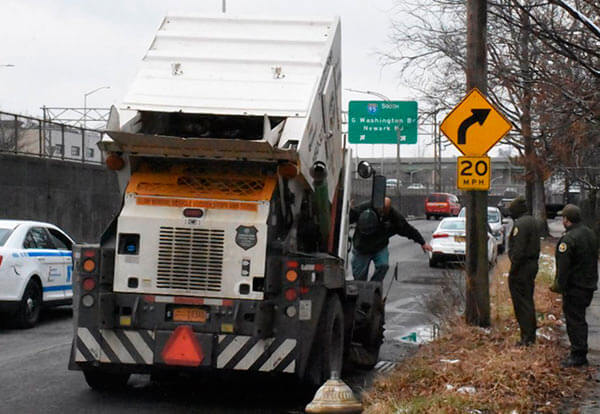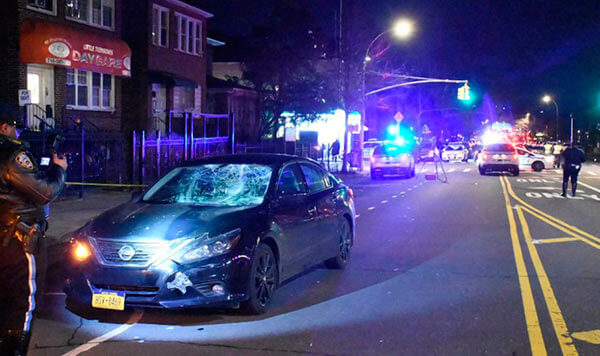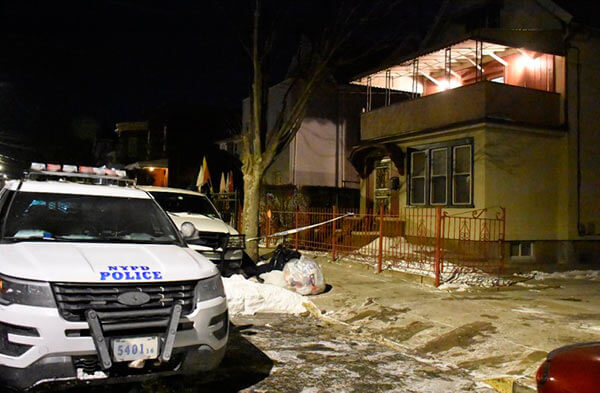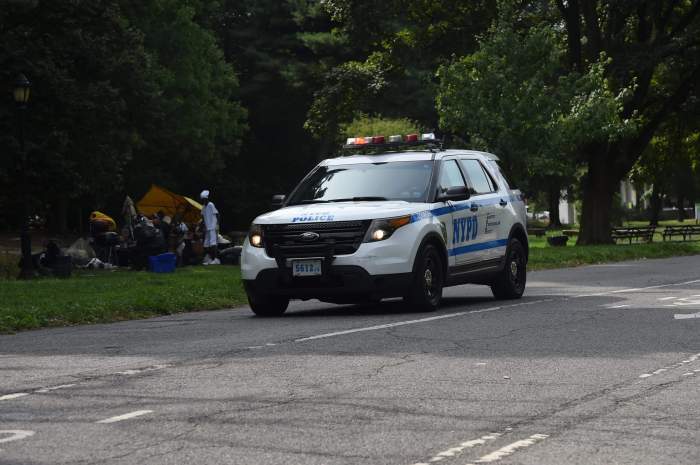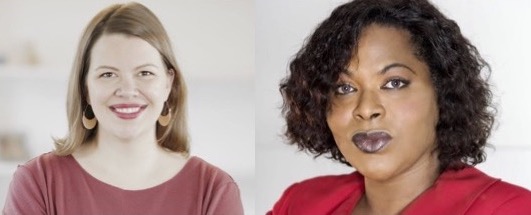A group of advocates want to shift the narrative surrounding the proposed Just Home project in Morris Park, which would fill a vacant Jacobi Medical Center building with about 50 units of permanent supportive housing for formerly jailed people with complex medical needs experiencing homelessness, as well as about 20 units of low-income housing for area residents.
Local residents are making the project out to be a public safety risk, such as at a Morris Park Community Association Meeting in July, with someone dehumanizing the potential residents, who would primarily be coming from Rikers Island, by calling them “animals” and others reducing them to “criminals.” Residents against the project plan to rally in the neighborhood before the Community Board 11 public hearing at Jacobi Medical Center Thursday evening, according to Irene Estrada, a former Democratic District Leader who has mobilized families against the project through a group called Mothers Against 1900 Seminole Avenue, referencing the address of the building proposed for the project.
The loud pushback prompted Open Hearts, an organization that seeks to support homeless people, to compile an open letter to Councilmember Marjorie Velázquez urging her to support the project. It is signed by 67 people, which include “medical professionals, faith leaders and community members directly impacted by homelessness and incarceration,” according to Sara Newman, director of organizing for the Open Hearts Initiative. Organizations helpNY, The Health and Housing Consortium, Inc., Open New York, Peer Network of New York and the Interfaith Assembly on Homelessness and Housing also signed on.
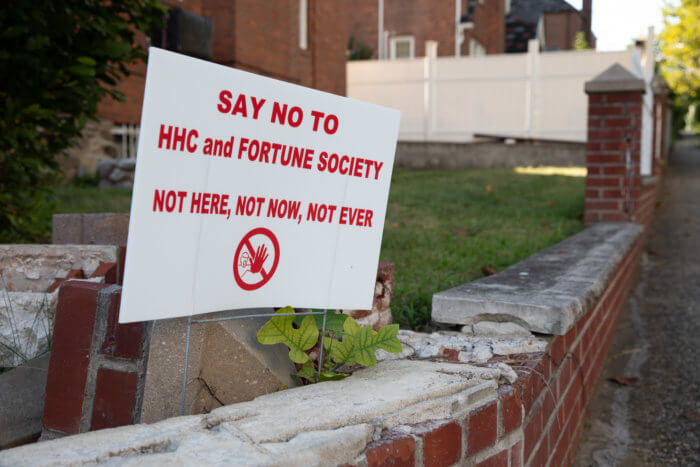
“Housing is a human right, and it’s a crucial part of creating safe, healthy communities,” Newman said in a statement to the Bronx Times.
The letter, which is being released Thursday before the public hearing about the project, argues that despite the rhetoric from residents against the project, providing housing and supportive services to people who were incarcerated makes them less likely to re-offend, instead strengthening public safety.
“When you think about the alternative, denying the building isn’t going to erase those people,” said Bonnie Mohan, executive director of the Health and Housing Consortium. “They’re going to have to go somewhere, and the alternative is that they’re going to be on the street, which is a far more dangerous situation.”
Or in the shelter system, which Marilyn Reyes, co-director of the Peer Network of New York said is reminiscent of the trauma of jail itself.
“They lose hope again,” she said. “They end up in places that remind them of the trauma of Rikers or the trauma of whatever they experienced in their life.”
And being held at Rikers can be as simple as not being able to afford bail. The residents at Just Home would be people sentenced to a maximum of a year who are approved for release and people awaiting trial who have not yet been convicted and are being held in custody because they cannot make the bail that has been set for them.
“Just because somebody has been to jail doesn’t mean that they’re bad people,” said Reyes, a Bronxite who used to be incarcerated herself. “Everybody makes mistakes. Period. Just some of them didn’t get caught.”
Estrada, a leader among the opposition to the project, told the Bronx Times she believes everyone should have a place to live, “but not on 1900 Seminole Avenue.”
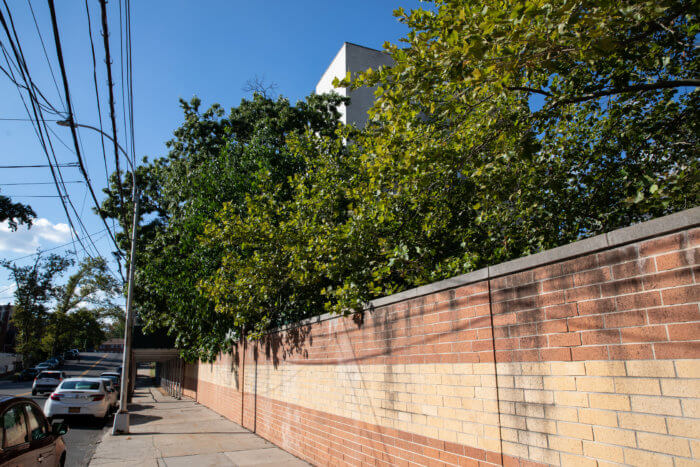
“Anything that comes into our district should be planned with us,” she said. “These are million-dollar homes. To have all this coming in like that, people feel very unsafe. Everyone is very angry, very upset. The women are concerned for their elderly moms that walk out there by themselves, for the children who are coming home from school. … We are very angry and they are ready to come and do whatever we have to do to stop it.”
Community Board 11 has resisted various shelter proposals, with district residents like Estrada arguing that the Bronx gets “dumped on.” But Monika Wunderer, a district resident who signed the letter and lives in Pelham Gardens, a neighborhood just north of Morris Park that borders Jacobi Medical Center, doesn’t buy that view. Rather, she thinks Jacobi is the perfect location for the project.
“The Bronx is so big, right, so if we’re talking ‘oh the poor Bronx,’ we’re talking about a lot of pockets where there’s a lot of help needed,” she said. “And there’s a lot of that, but Morris Park, Pelham Gardens is not that community. It’s like the opposite, I feel. You know, it’s a perfect place if somebody needs a new start, an extra hand.”
Vivian Kim, though a Morris Park resident herself, understands that as a med student at Albert Einstein College of Medicine originally from New Jersey, longtime residents may see her as imposing her views on them. But as someone who signed the letter calling for Velázquez’s support, she wants to challenge opponents to reconsider their judgments about their potential future neighbors.
“There are so many conditions in the U.S., so many discriminatory systemic policies that predispose people to being unhoused,” said Kim, co-president of SPHERE at Einstein, which stands for Space in Prisons for Health Education for Re-Entry. “Giving them a home, giving them visibility in your community can only help them. It can only help all of us … I think it’s really important to just bring it back to basic rights and think, what do you believe that people deserve?”
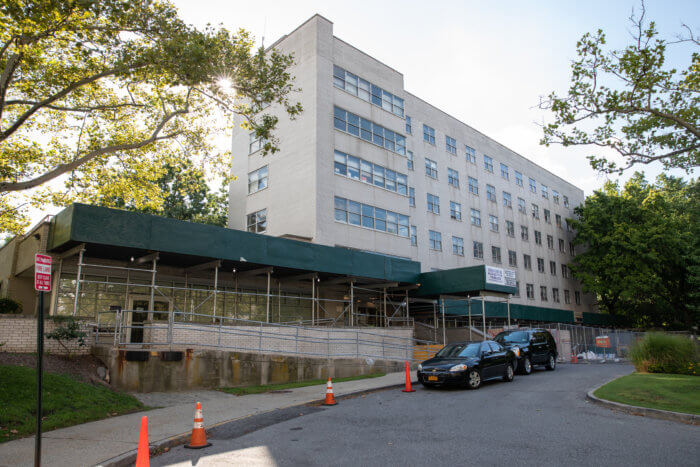
In an interview with the Bronx Times on Thursday morning, Velázquez did not say whether she stands behind her constituents’ rhetoric surrounding the perceived danger of the potential residents, but emphasized frustrations with capacity at Jacobi, the borough’s lack of a standalone birthing center and a lack of community input before the proposal was announced.
“This building is an empty building right now and the fact is, we have an opportunity to be transformational for our community with this, to have the needs of the community addressed,” she said. ” … Literally, women are dying giving birth. I lost a friend to it, so that’s why it’s deeply personal. And what are we doing for our community and those women?”
She also expressed concern over transportation and food access for the potential residents and said she has “loads of” unanswered questions.
But Mohan, of the consortium, is worried about the domino effect that could happen for supportive housing because of residents’ pushback against the project.
“We’ve been doing a lot of work with hospitals to get them to invest in their communities to get them to acknowledge their responsibility to care for patients who don’t have housing,” she said. ” … I really worry about if this project fails, or even the community response to it, deterring other hospital systems from investing in housing and really losing that opportunity that so many of us have been really working for, for many years.”
Reach Aliya Schneider at aschneider@schnepsmedia.com or (718) 260-4597. For more coverage, follow us on Twitter, Facebook and Instagram @bronxtimes

















